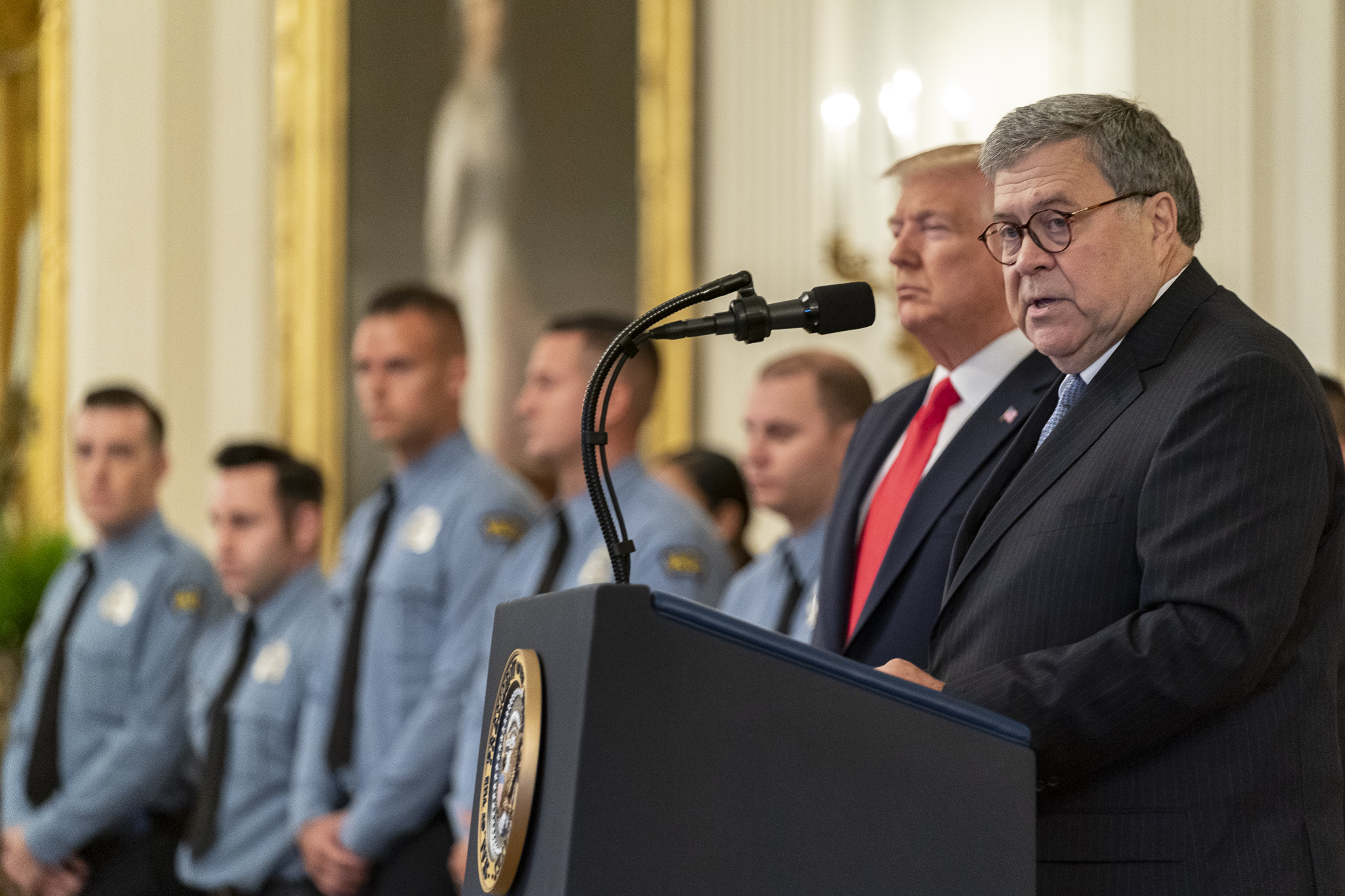Today's Headlines and Commentary
Yesterday, the Obama administration announced a massive breach of federal employees’ data affecting at least four million government workers. The New York Times reports that the hack, which was first detected in April, targeted data held by the Office of Personnel Management, including Social Security Numbers and other personal information.
Published by The Lawfare Institute
in Cooperation With

Yesterday, the Obama administration announced a massive breach of federal employees’ data affecting at least four million government workers. The New York Times reports that the hack, which was first detected in April, targeted data held by the Office of Personnel Management, including Social Security Numbers and other personal information. The Wall Street Journal adds that U.S. officials suspect that hackers based in China are responsible for the breach---a breach that appears to rank among the largest thefts of government data in history. In response to these allegations, Chinese Foreign Ministry spokesman Hong Lei fired back, “It’s irresponsible and unscientific to make groundless accusations without deep investigation and research.”
On Monday, President Obama will meet with Iraqi President Haider al-Abadi to discuss the campaign against ISIS in Iraq, the Times notes. The meeting will take place on the sidelines of a G7 meeting on terrorism and will be the first meeting between the two leaders since ISIS militants captured Ramadi, the capital of Anbar province. That defeat has raised further questions about the Iraqi military’s capacity to fight ISIS.
In revelations that may further heighten sectarian tensions in Iraq, the Wall Street Journal writes that, as residents of Ramadi fled the recent advance of ISIS militants there, the Iraqi government limited who could cross the Bzeibez bridge to the relative safety of Baghdad. For the five days after the fall of Ramadi, the Bzeibez bridge, the only crossing between largely Sunni Anbar and majority Shiite Baghdad, was alternately completely or intermittently closed. When the bridge was open, young men were prevented from crossing. Said one government spokesman, “We do not want to encourage young, able men who can fight [ISIS] to emigrate. They say they are coming out to accompany and protect their families. This is not a good enough excuse.”
In their capture of Ramadi, ISIS militants seized yet more U.S.-made heavy weaponry abandoned by Iraqi security forces. This latest weaponry windfall for ISIS leaves the Kurdish peshmerga increasingly vulnerable as it looks to hold its defensive line against ISIS advances. The Wall Street Journal notes that, while the Peshmerga may contain the most battle-ready units fighting ISIS in Iraq, it remains the least well-equipped. Arming the Peshmerga, however, remains complicated: the Obama administration requires U.S. military aid to be routed through Baghdad, which is wary of sending weaponry to the semi-autonomous, independence-minded Kurdish region.
Across the border in Syria, government planes bombed ISIS fighters trying to reach the northeastern city of Hasaka earlier today. Reuters reports that the strikes, which were accompanied by fierce fighting on the city’s outskirts, come amid a large ISIS offensive against the government-held portions of the city. The city is also partially held by Kurdish forces, which have recently, with the aid of U.S. airstrikes, repelled ISIS advances.
After Saudi-led airstrikes in Yemen that killed 58 people on Wednesday and Thursday, the Houthi rebels bearing the brunt of the coalition attacks agreed to attend U.N.-backed peace talks on June 14. Reuters adds that representatives of Yemen’s government-in-exile have also committed to attending. And according to Saudi-owned Asharq Al-Awsat, the Houthi rebels have agreed to withdraw from the southern port city of Aden as a potential first step toward a peace deal.
Amid the chaos of the wars in both Yemen and Syria, al Qaeda affiliates have quietly been gaining ground, the Post writes. Indeed, Jabhat al-Nusra has taken the lead in a rebel coalition that has scored key victories in northwestern Syria, while al Qaeda in the Arabian Peninsula has seized sections of Yemen’s largest province. According to analysts, these groups’ successes not only make the resolutions of these conflicts all the more difficult, but may also provide the groups with safe havens from which to plan and launch terrorist attacks against the West.
According to the Associated Press, representatives of the Afghan Taliban have been meeting this week with female Afghan lawmakers and peace negotiators in Norway. While representatives from both sides noted the informal, unofficial nature of the talks, the discussions were nonetheless historic, given the Taliban’s brutal repression of women during its rule of Afghanistan.
As the two sides inch toward peace, the Afghan Taliban is having to deal with an insurgent threat of its own: ISIS. The Times writes that fighters loyal to the Islamic State are chipping away at the Taliban’s traditional dominance in areas of Afghanistan. The new arrival may still be limited in its reach, but already the usually-unified Taliban “are splintering to a degree not seen before, as hundreds of insurgents have shifted their loyalty to Abu Bakr al-Baghdadi, the leader of the Islamic State.”
As a self-imposed June 30 deadline for a nuclear deal with Iran approaches, a variety of experts and officials are urging the Obama administration to soften its adherence to that deadline. Politico reports that some fear Iran will use the nearing deadline to extract further concessions from the administration, which has so invested so much in negotiating a deal.
Yesterday, two of the countries most concerned with the outcome of the Iranian nuclear negotiations --- Israel and Saudi Arabia --- revealed that they have been engaged in a series of covert diplomatic meetings to discuss their Iranian concerns. Bloomberg View notes that, while the two countries have historically been enemies, they have found common ground in their perception of the Iranian threat.
Against this backdrop, Gary Sick offers this troubling prognosis about Sunni Saudi Arabia’s strategy toward Shiite Iran in Politico:
The Saudi regime’s insistence on seeing threats to the Kingdom in fundamentally sectarian terms—Sunni vs. Shia—will put it increasingly at odds with its American patrons and could lead the Middle East into a conflict comparable to Europe’s Thirty Years War, a continent-wide civil war over religion that decimated an entire culture.
Ukrainian President Petro Poroshenko said earlier today that the Ukrainian military has beaten back an attack by 1,000 pro-Russian separatists in a town west of Donetsk, the Times reports. The fighting was some of the fiercest since the signing of a ceasefire agreement in February. Just yesterday, however, President Poroshenko told his military to prepare for the possibility of a “full-scale invasion” by Russia, Reuters notes.
According to documents leaked by Edward Snowden, in 2012 the Obama administration widened the reach of NSA internet surveillance to hunt for evidence of malicious computer hacking, the Times reports. The expanded mandate apparently came via two secret Justice Department memos that directed the agency to search for data connected to hacks originating abroad. However, the memos limited the agency to monitoring only addresses and “cybersignatures” linked to foreign powers. Ben provided his take on the revelations, and the way in which the Times reported on them, here.
Senator John McCain (R-AZ) told reporters yesterday that Defense Secretary Ash Carter and counterterrorism official Lisa Monaco are working on a plan to close the Guantanamo Bay detention facility, DefenseOne reports. That plan comes as part of a compromise Sen. McCain brokered in the annual defense authorization bill, under which Congress would give the President authority to close the prison if he submits a plan for closure that Congress approves. However, that bill is currently facing a veto threat from the White House based partly on its GTMO provisions, which it says are “unnecessary and overly restrictive.”
Parting Shot: For your weekend long-read, check out Greg Jaffe’s examination of President Obama’s attitude toward U.S. military intervention and ‘American Exceptionalism.’
ICYMI: Yesterday, on Lawfare
Herb Lin posed an important question about the government’s response to the Office of Personnel Management data breach.
Cody broke down the legal issues raised in India by the potential swap of extra-territorial enclaves with Bangladesh.
Paul Rosenzweig updated us on the latest cyber news.
Wells tipped us off to a potential new round of GTMO transfers.
Email the Roundup Team noteworthy law and security-related articles to include, and follow us on Twitter and Facebook for additional commentary on these issues. Sign up to receive Lawfare in your inbox. Visit our Events Calendar to learn about upcoming national security events, and check out relevant job openings on our Job Board.





